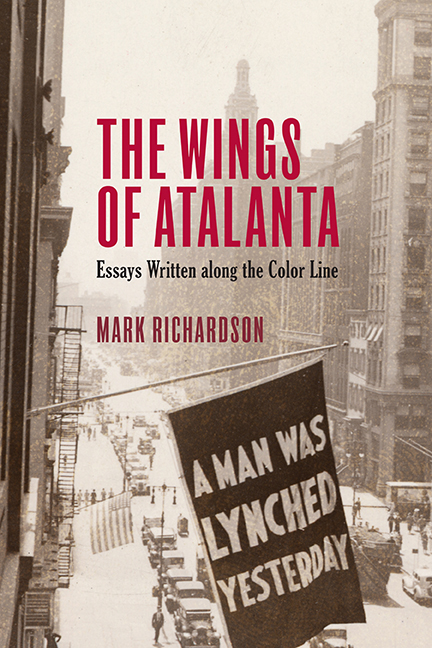Book contents
- Frontmatter
- Dedication
- Contents
- Acknowledgments
- Introduction
- 1 Frederick Douglass and the Philosophy of Slavery
- 2 W. E. B. Du Bois and the Redemption of the Body
- 3 The Mephistophelean Skepticism of Stephen Crane
- 4 Charles Chesnutt: Nowhere to Turn
- 5 Richard Wright: Exile as Native Son
- 6 Peasant Dreams: Reading On the Road
- Conclusion
- Notes
- Bibliography
- Index
- Frontmatter
- Dedication
- Contents
- Acknowledgments
- Introduction
- 1 Frederick Douglass and the Philosophy of Slavery
- 2 W. E. B. Du Bois and the Redemption of the Body
- 3 The Mephistophelean Skepticism of Stephen Crane
- 4 Charles Chesnutt: Nowhere to Turn
- 5 Richard Wright: Exile as Native Son
- 6 Peasant Dreams: Reading On the Road
- Conclusion
- Notes
- Bibliography
- Index
Summary
In The Fire Next Time, Baldwin suggests that “the price of the liberation of the white people is the liberation of the blacks—the total liberation, in the cities, in the towns, before the law, and in the mind” (Essays 342). The idea is that “intercultural” oppression and “intrapsychic” repression are complementary disorders. In “The White Negro,” Mailer, like his friend Baldwin, sets about to dismantle these twin structures of racist and psychic repressions—white over black, conscious over unconscious. He does so in a dual maneuver: he asserts the primacy of the historically or morally subordinate terms and then abolishes subordination altogether. And “The White Negro” helps us see how the racial politics of On the Road are perhaps more progressive than at first they seem. “The nihilism of Hip,” Mailer says, “proposes as its final tendency that every social restraint and category be removed, and the affirmation implicit in the proposal is that man would then prove to be more creative than murderous and so would not destroy himself “ (Advertisements 319). The revolution Mailer describes would take aim against all prohibitions having to do with sex and race. And his remarks suggest that the blackface tradition of the “white negro” is by no means without insubordinate implications. Mailer's essay brings to a fiercer, much more troubling pitch the argument with white Christianity that Stevens has in “A High-Toned Old Christian Woman” (which remains the utterance of an aesthete and insurance man, not a rebel). What follows The Revolution is total affirmation of Life, to use Mailer's Lawrentian term for it: “disaffected flagellants,” smacking their muzzy bellies in parade.
Mailer believed (maybe only provocatively) that a sexual revolution would reverse the savage turn the West took in the first five decades of the twentieth century. For him, psychic repression, racist repression, and military-industrial rapacity were three aspects of the same pathology: they all added up to The Bomb.
- Type
- Chapter
- Information
- The Wings of AtalantaEssays Written along the Color Line, pp. 259 - 262Publisher: Boydell & BrewerPrint publication year: 2019



